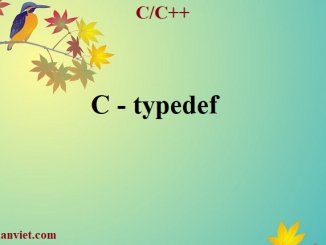
C – typedef
The C programming language provides a keyword called typedef, which you can use to give a type a new name. Following is an example to define […]

The C programming language provides a keyword called typedef, which you can use to give a type a new name. Following is an example to define […]
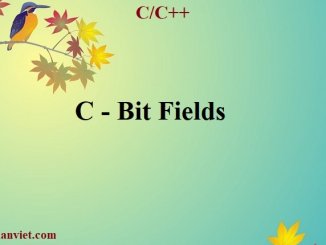
Suppose your C program contains a number of TRUE/FALSE variables grouped in a structure called status, as follows − This structure requires 8 bytes of […]
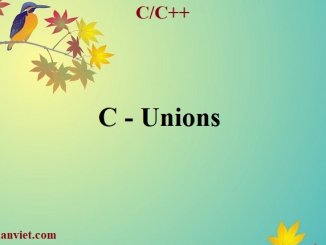
A union is a special data type available in C that allows to store different data types in the same memory location. You can define a union […]
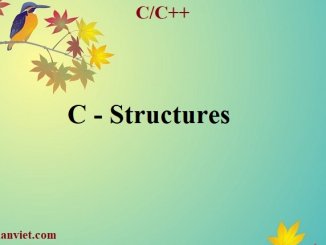
Arrays allow to define type of variables that can hold several data items of the same kind. Similarly structure is another user defined data type available in […]
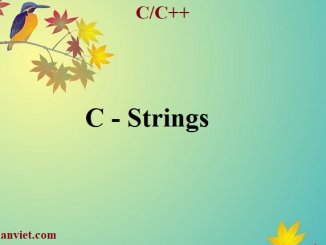
Strings are actually one-dimensional array of characters terminated by a null character ‘\0’. Thus a null-terminated string contains the characters that comprise the string followed by a null. […]
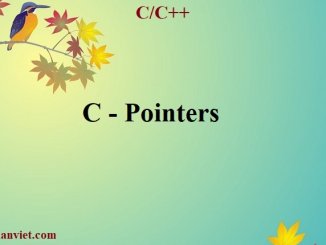
Pointers in C are easy and fun to learn. Some C programming tasks are performed more easily with pointers, and other tasks, such as dynamic […]
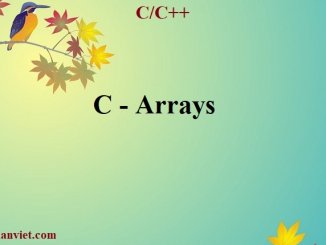
Arrays a kind of data structure that can store a fixed-size sequential collection of elements of the same type. An array is used to store […]
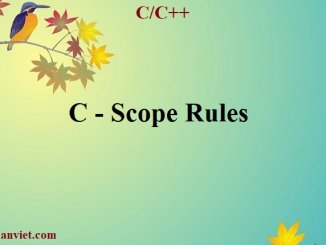
A scope in any programming is a region of the program where a defined variable can have its existence and beyond that variable it cannot […]
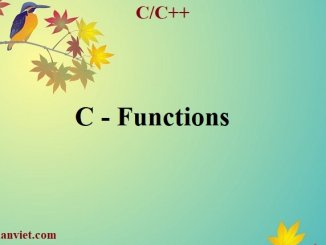
A function is a group of statements that together perform a task. Every C program has at least one function, which is main(), and all the […]
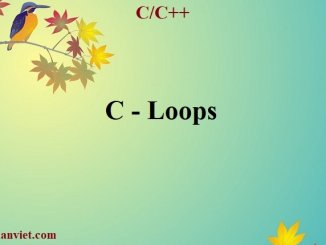

Decision making structures require that the programmer specifies one or more conditions to be evaluated or tested by the program, along with a statement or […]
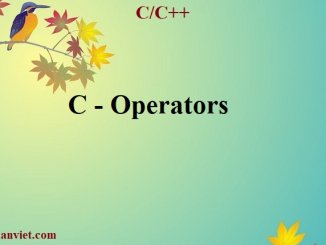
An operator is a symbol that tells the compiler to perform specific mathematical or logical functions. C language is rich in built-in operators and provides […]
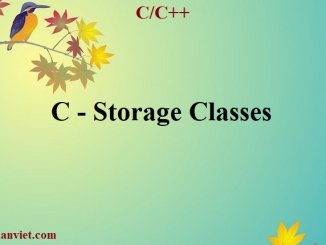
A storage class defines the scope (visibility) and life-time of variables and/or functions within a C Program. They precede the type that they modify. We […]
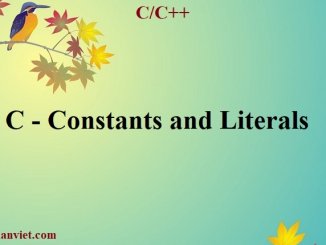
Constants refer to fixed values that the program may not alter during its execution. These fixed values are also called literals. Constants can be of any […]
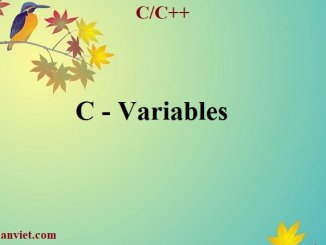
A variable is nothing but a name given to a storage area that our programs can manipulate. Each variable in C has a specific type, […]
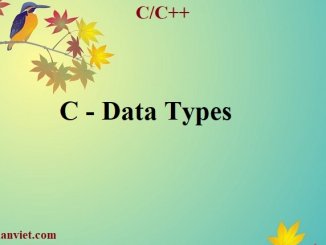
Data types in c refer to an extensive system used for declaring variables or functions of different types. The type of a variable determines how […]
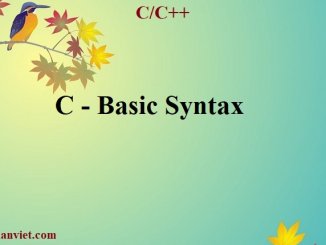
You have seen the basic structure of a C program, so it will be easy to understand other basic building blocks of the C programming […]
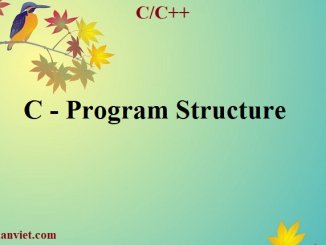
Before we study the basic building blocks of the C programming language, let us look at a bare minimum C program structure so that we […]
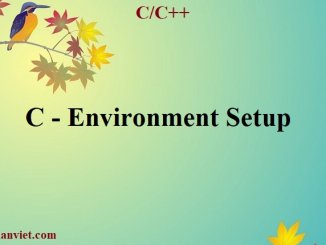
If you want to set up your environment for C programming language, you need the following two software tools available on your computer, (a) Text […]
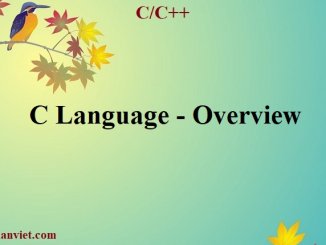
C is a general-purpose, high-level language that was originally developed by Dennis M. Ritchie to develop the UNIX operating system at Bell Labs. C was […]
